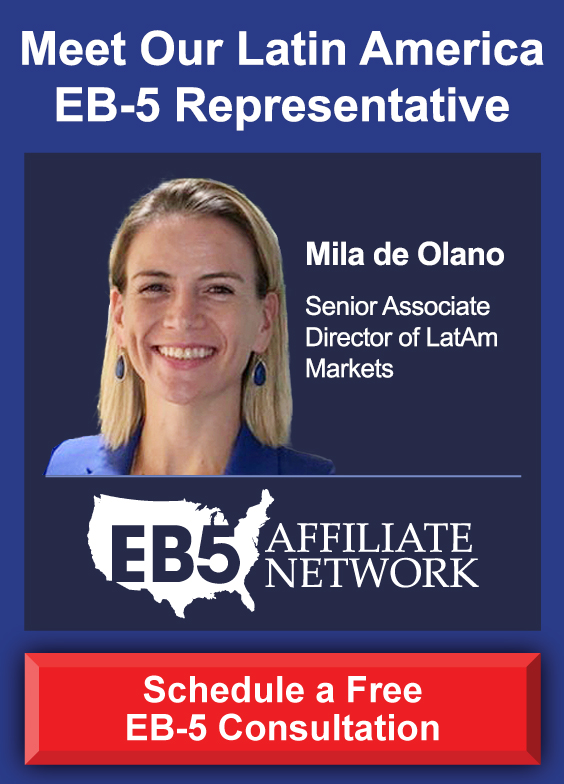
Homestead tax exemption eligibility requirements vary from state to state. As a general rule, any person who has a legal right to own real estate may be eligible for the homestead tax exemption. However, the regulations are complicated. It would be wise for any investor to seek the help of an experienced EB-5 industry consultant for guidance throughout the process.
Any person can own real estate property in the United States, regardless of citizenship status. At its core, the homestead exemption is a tax break for homeowners who meet the eligibility criteria. It allows a homeowner to protect the value of their home, reduce taxes, and in the event of a death or bankruptcy, protect the home from creditors. Generally speaking, a person who is seeking exemption must be able to prove that their homestead is their primary residence—the place they live in most of the time. This means that any investor who is not a lawful permanent resident may have difficulty with homestead exemption eligibility.
An EB-5 investor who has been granted conditional permanent resident status enjoys the same benefits as a legal permanent resident. Effectively, if an investor purchases a home during their conditional permanent residency, they may be eligible for homestead exemption. Because the laws vary by state, it is the responsibility of the homeowner to understand the eligibility requirements of the state where they live.
To obtain permanent resident status, an EB-5 investor must file Form I-829 to petition to have the conditions on their status removed. Once this has been approved, they will effectively be a legal permanent resident. As of March 2022, the EB-5 Reform and Integrity Act made concurrent filing of Form I-526 and Form I-829 available to potential investors. In these instances, purchasing a home and filing for homestead tax exemption can be complicated. The proper handling of all documentation from the beginning to the end of the process is essential to limit any delays and possible denials. Each investor should be sure to conduct their due diligence to have as smooth of a process as possible.









